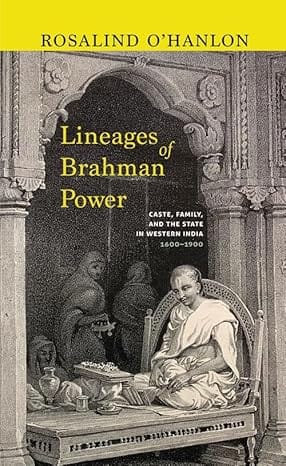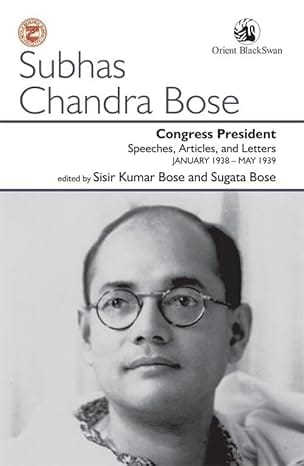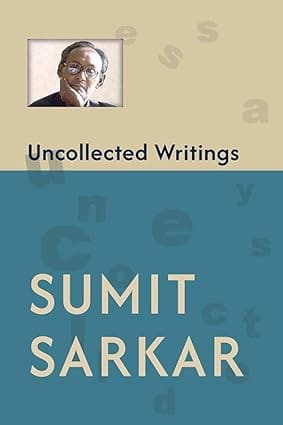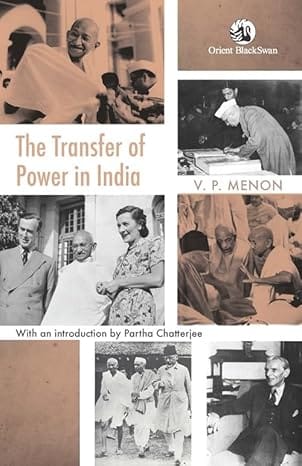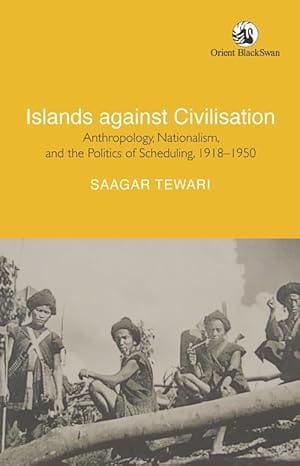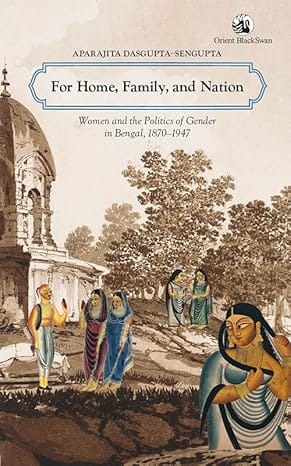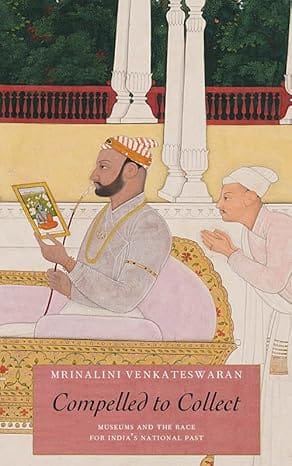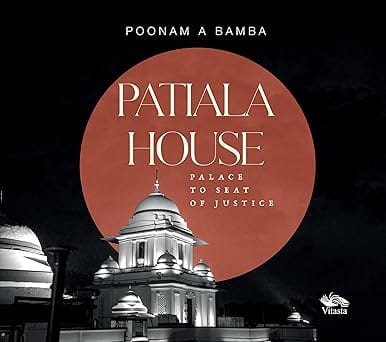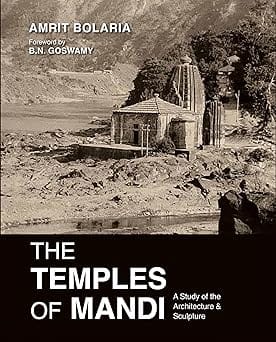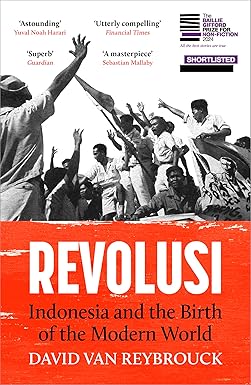- Non-ficton
- Non-ficton
- Contemporary Fiction
- Contemporary Fiction
- Children
- Children
- Comics & Graphic Novels
- Comics & Graphic Novels
- Non-Fiction
- Non-Fiction
- Fiction
- Fiction
The Marathas of western India came into prominence in the seventeenth century, when Shivaji carved out an independent kingdom. In the eighteenth century the Marathas established an India-wide empire, with their Brahman leaders entrenching religious orthodoxy at the heart of their state. Later, it was from Maharashtra – the “crucible of Indian nationalism” – that India’s leading nationalists emerged, as did Babasaheb Ambedkar and V.D. Savarkar. Through thematically linked essays, Rosalind O’Hanlon explores the relatively little-known social histories of Maratha Brahman communities. She shows how, despite much-debated uncertainties about Brahman identity, their religious status, legal-administrative skills, and the unities of the Brahman scholar household brought them success across early modern India. Later, Brahmans set some of the terms for caste politics under colonialism. As scribal rivals challenged their social dominance, some sought to tighten caste norms. The emergence of a successful Anglophone Brahman middle class deepened divisions over the meaning of Brahman identity in the modern era. As non-Brahmans and Dalits sharpened their critiques, some Brahmans looked towards Hindu nationalism. This major work is indispensable for an understanding of the making of Brahman power, its internal contradictions, its repercussions in the colonial era, and its continuing legacy.
9788178246925Lineages Of Brahman Power Caste, Family, And The State In Western India 1600�1900
SIZE GUIDE
- ISBN: 9788178246925
- Author: Rosalind O Hanlon
- Publisher: Permanent Black
- Pages: 452
- Format: Hardback
Book Description
The Marathas of western India came into prominence in the seventeenth century, when Shivaji carved out an independent kingdom. In the eighteenth century the Marathas established an India-wide empire, with their Brahman leaders entrenching religious orthodoxy at the heart of their state. Later, it was from Maharashtra – the “crucible of Indian nationalism” – that India’s leading nationalists emerged, as did Babasaheb Ambedkar and V.D. Savarkar. Through thematically linked essays, Rosalind O’Hanlon explores the relatively little-known social histories of Maratha Brahman communities. She shows how, despite much-debated uncertainties about Brahman identity, their religious status, legal-administrative skills, and the unities of the Brahman scholar household brought them success across early modern India. Later, Brahmans set some of the terms for caste politics under colonialism. As scribal rivals challenged their social dominance, some sought to tighten caste norms. The emergence of a successful Anglophone Brahman middle class deepened divisions over the meaning of Brahman identity in the modern era. As non-Brahmans and Dalits sharpened their critiques, some Brahmans looked towards Hindu nationalism. This major work is indispensable for an understanding of the making of Brahman power, its internal contradictions, its repercussions in the colonial era, and its continuing legacy.
User reviews
NEWSLETTER
Subscribe to get Email Updates!
Thanks for subscribing.
Your response has been recorded.

India's Iconic & Independent Book Store offering a vast selection of books across a variety of genres Since 1978.
"We Believe In The Power of Books" Our mission is to make books accessible to everyone, and to cultivate a culture of reading and learning. We strive to provide a wide range of books, from classic literature, sci-fi and fantasy, to graphic novels, biographies and self-help books, so that everyone can find something to read.
Whether you’re looking for your next great read, a gift for someone special, or just browsing, Midland is here to make your book-buying experience easy and enjoyable.
We are shipping pan India and across the world.
For Bulk Order / Corporate Gifting
 +91 9818282497 |
+91 9818282497 |  [email protected]
[email protected]
Click To Know More
INFORMATION
QUICK LINKS
ADDRESS
Shop No.20, Aurobindo Palace Market, Near Church, New Delhi

